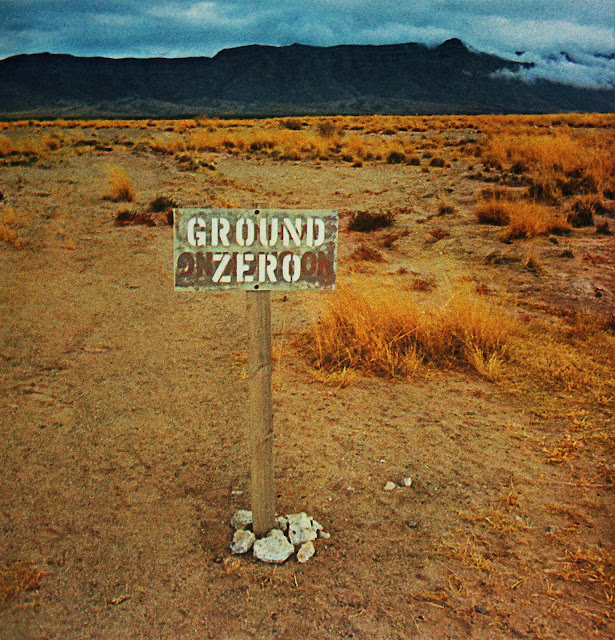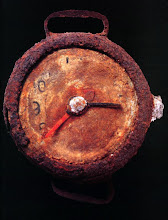 The antagonism of eros and thanatos is the substance of our species-being, our embeddedness in nature. This was Marcuse’s thesis, the basis of his last aesthetics.
The antagonism of eros and thanatos is the substance of our species-being, our embeddedness in nature. This was Marcuse’s thesis, the basis of his last aesthetics.He was pointing to: the irreversibility of time, mortality, transience and inescapable loss, the irreducible misfits of encountering singularities, sexual difference, wounds of love.
These he noted, assert their power “within, but also against the class struggle.”
Is it so? Let’s say it is. What follows?
Drives and needs are structured in a tense configuration of primary processes. This organic constellation - the material basis of subjectivity and therefore also the autonomy of individuals – is not invariable human nature but rather the open point of intersection between nature and the human. Open, that is, to re-constellation, tensions persisting.
Classless society, were it ever attained - or even that stronger reconciliation of a changed, non-dominating relation to nature - would not eliminate all possible collision of drives and needs, the tragic matter of spirit.
But it would, wouldn’t it, eliminate the socially imposed dimension of antagonism: the structural extraction of social surplus value, the master logic of domination?
Art might persist, probably it would – but as something different. A generalized common good, rather than privileged professional property: the end of “art.”
Conceivably, in classless society art could become radically and without reserve what it sometimes is brokenly even now: a continual expression of the dilemmas of liberated happiness - but also the living memory of loss and the appalling misery of prehistory.
Eros: the promise and possibility of a radical reorganization of needs and drives, the taming of death instincts by life, the liberation of the nature in humanity and humanity in nature...
In any case this, and nothing less, would be, wouldn’t it, the radical throw, the revolutionary leap to real reconciliation (aka “freedom”)?



No comments:
Post a Comment